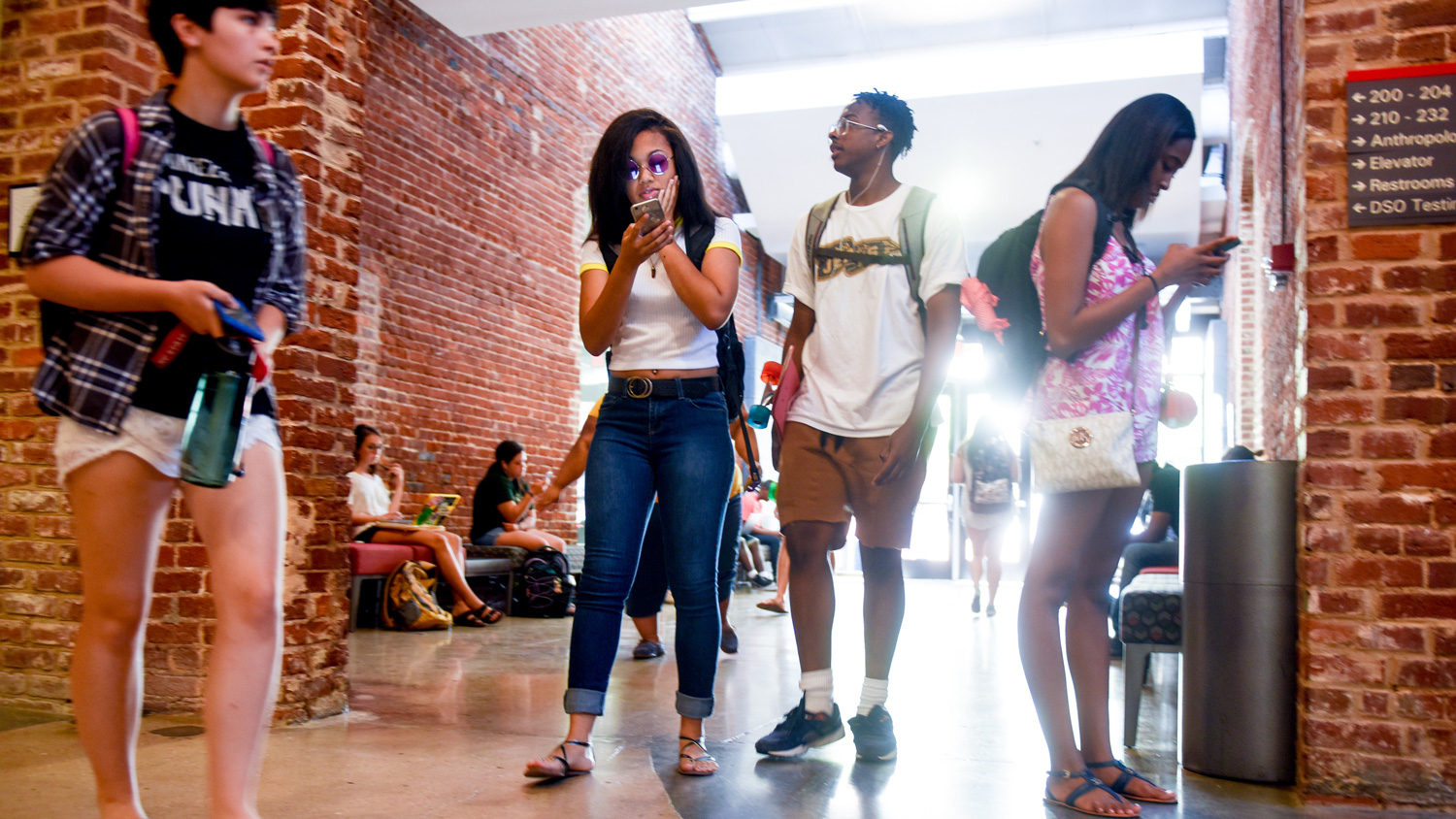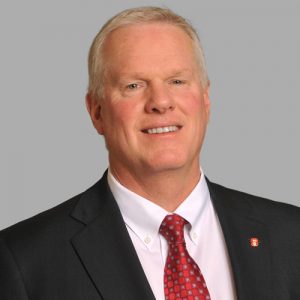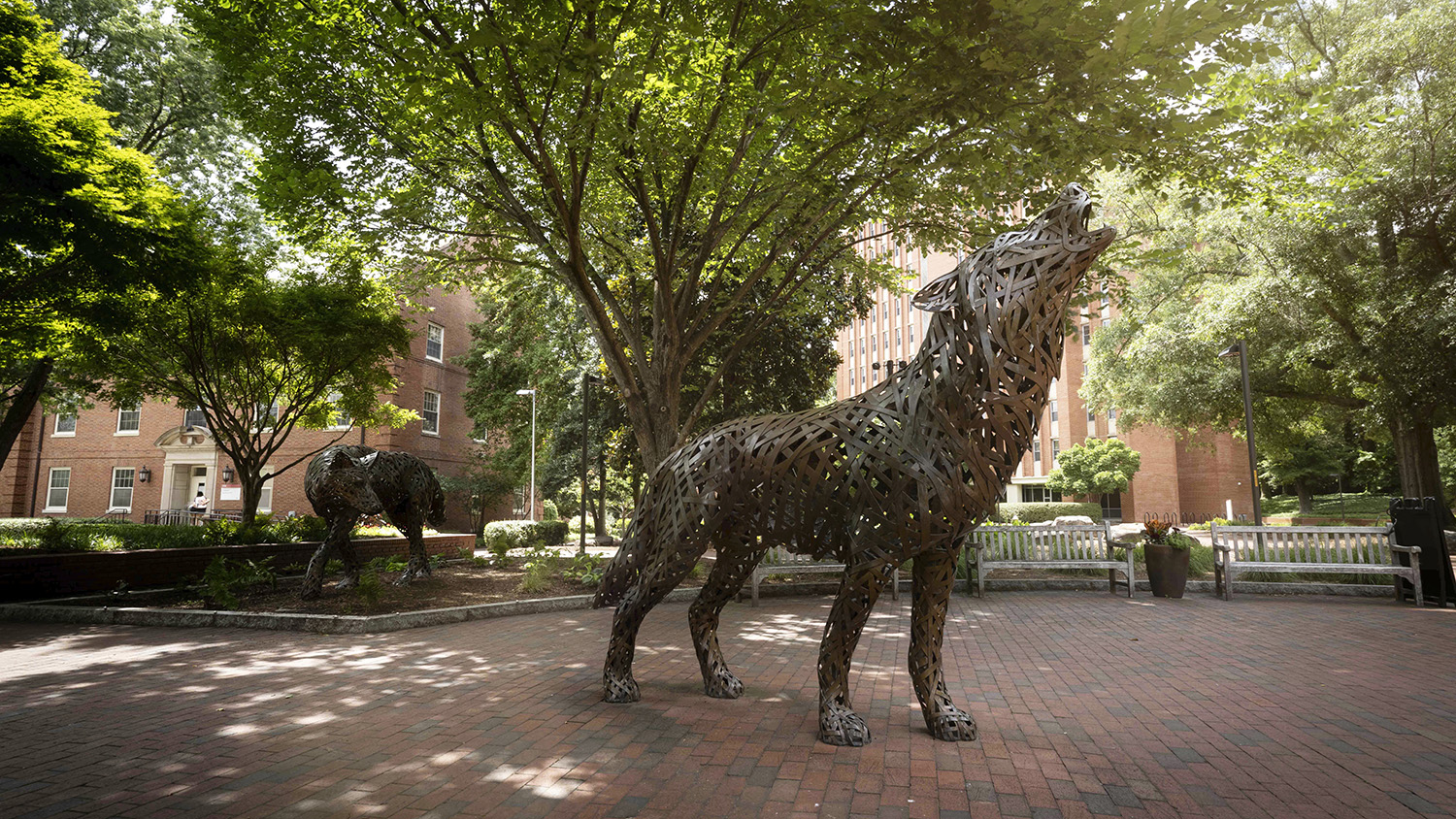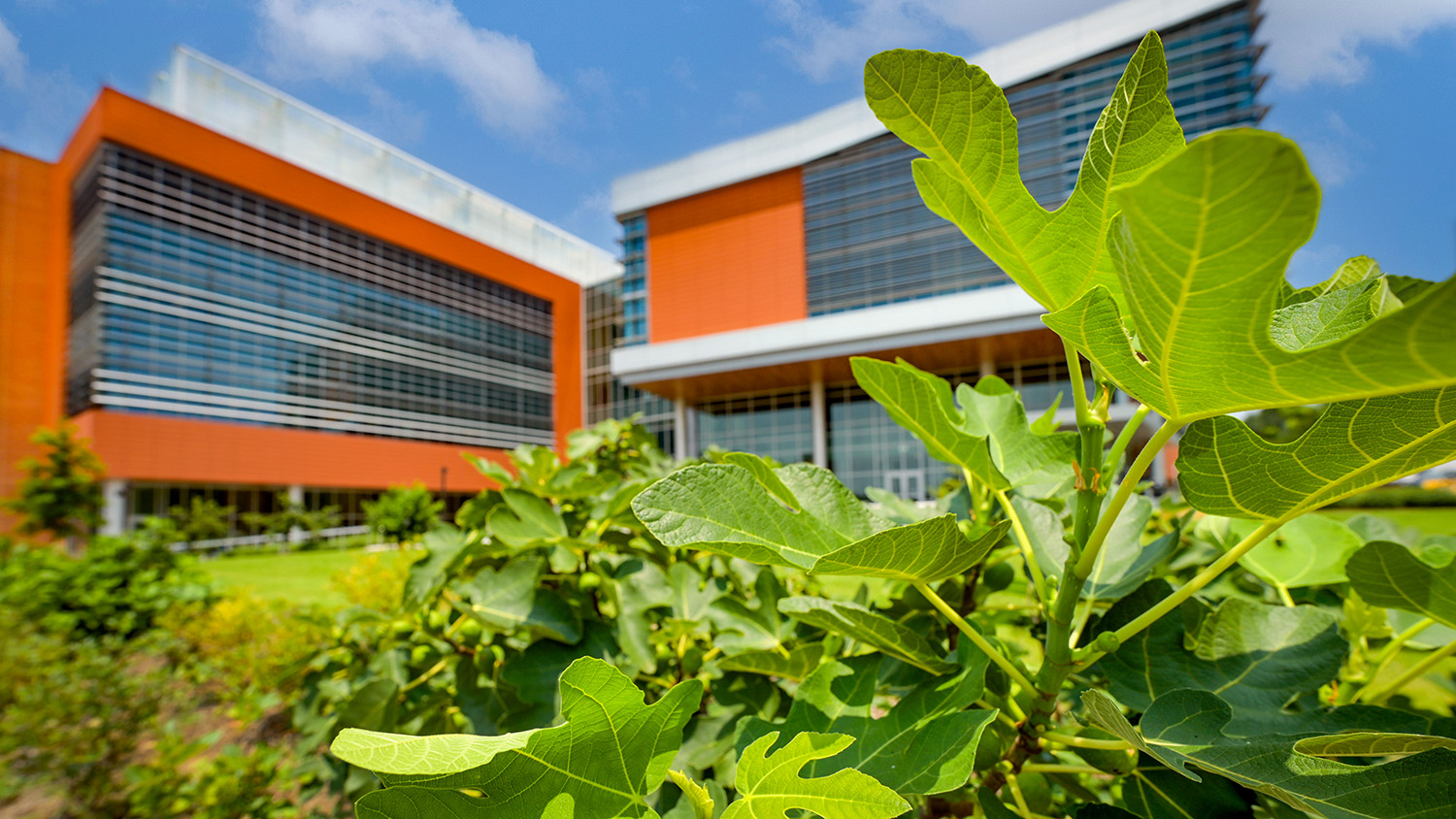Get to Know: Academic and Student Affairs

The Office of the Executive Vice Chancellor and Provost oversees supporting units that strengthen NC State’s academic culture and provide a wide variety of services to faculty, staff and students. One of those units, the Division of Academic and Student Affairs (DASA), works with the campus community to prepare students to succeed academically, professionally and personally.
We sat down with Mike Mullen, vice chancellor and dean for DASA, about how the unit supports a stronger, more well-rounded NC State, and its
role in creating a pervasively excellent university.

What was the inspiration behind DASA’s formation, and how does the unit fit within the university’s overall strategic plan?
The Division of Academic and Student Affairs is a direct result of the university’s strategic plan. The plan’s first goal is enhancing student success through educational innovation and the fourth goal is enhancing organizational excellence by creating a culture of constant improvement. When the plan was finished the chancellor and provost put together a team to evaluate combining the Division of Undergraduate Academic Programs, which provided academic support and enrichment programs for undergraduates, and the Division of Student Affairs, which provided co-curricular and academic support programs for students. The decision was made to bring those units together, which led to the formation of DASA in 2012.
From a student success perspective, we now have the vast majority of student support programming on campus under one umbrella. Now that we have that unified voice with programs in one place, we have enhanced opportunities to contribute positively to the achievement of the university’s strategic plan. The most recent example of this would be the formation of the University College, which allowed us to bring all academic programs across DASA’s sub-divisions into one place. All of our academic programs, including Health and Exercise Studies, Theatre, Music and Dance Departments, ROTC and the Global Perspectives Certificate are in the University College structure.
How does DASA enhance the academic and overall success of NC State students?
One of the points of the strategic plan is to provide students with the opportunity to participate in high-impact educational activities and programs. Those include First-Year Inquiry courses, and Living and Learning Villages. We have 14 of those villages and are looking to integrate more into the residence hall environment. With undergraduate research, we have tripled the amount of money provided outside of state funding to leverage student research experiences on campus. We’ve partnered with the Study Abroad Office to provide scholarships to fund experiences for students who may have not had the opportunity to study abroad otherwise.
My definition of success isn’t so much a retention rate – which is excellent at 94 percent, and our undergraduate graduation rate, which is trending upward toward 78 percent – but is about how we provide students with opportunities that go well beyond the classroom. We provide tutoring services for all students in a variety of gateway courses and advising for Exploratory Studies students. At any given time, 14-15 percent of our incoming freshmen are undeclared, and these advisees actually change majors less often than students in a degree program. We have also eased the process of transferring between degree programs on campus and our advisors assist students in making decisions should they wish to change majors.
Our programs in the Music, Theatre and Dance Departments are part of DASA as well. More than 2,200 students are involved in coursework and experiential opportunities through these programs each year. We believe that’s a part of a well-rounded education at the university. Our Health and Exercise Studies Department provides instruction for the general education program requirement, and we teach more than 700 classes a year in these areas. We know that those have an impact on student success as well. Physically fit students tend to perform better in the classroom.
We have a great Counseling Center, one of the best in the country. We partner with students to help them address a variety of issues and to support their success in the classroom. We have gone from 18 counselors in 2012 to 27 today, and we have a doctoral internship program for Ph.D. students in Counseling and Psychology.
What initiatives has DASA undertaken to create a more welcoming, inclusive environment at NC State?
Diversity and inclusivity is everyone’s responsibility at NC State. The Office of Institutional Equity and Diversity of course has major responsibility in this area. However, DASA also promotes diversity and inclusion activities through student government, and many of our leadership and services programs. Respect the Pack is an excellent example of that. We work collaboratively with student, administrative, faculty and staff leaders on campus to ensure our commitment to making this campus is a welcoming place and that all students have a voice here.
We are a microcosm of society, and we have to respect the fact that this is a place for people to express their ideas. It is our job to reinforce the fact that this is a place for diversity and inclusivity. In DASA we are looking at how we can become more culturally competent through education and training. Another example of that is this year’s common reading – Just Mercy by Bryan Stevenson – a powerful book about social justice that speaks to the national conversation on race awareness. We’re constantly working on our commitment to diversity and inclusion on campus.
We are also rolling out a new Military and Veterans Resource Center this fall. We have a reputation as being a military friendly school, and now we’ll have an office in Witherspoon to directly serve the needs of our students who are veterans or are currently in the military.
What does DASA do to invest in support for faculty and staff, and what have been the outcomes of these efforts?
We have several areas where we provide direct and indirect support to faculty and staff. We oversee the curriculum process, and support faculty members with ideas for new programs. DASA is also responsible for the assessment of undergraduate learning outcomes, so we work closely with all our colleges on how to assist departments in figuring out how to design programs that promote student success. We also facilitate program reviews for undergraduate degree programs and assess general education programs on campus.
We support faculty by pairing them with outstanding undergraduates who want to do research, and help provide funding for many of those operations. We provide opportunities for faculty to teach in the honors program, to be engaged in living and learning villages and more. We’re building a scholar-in-residence program for some of these villages to give faculty opportunities to further interact with students.
How does DASA contribute to a culture of continual excellence and improvement at NC State?
We provide amazing opportunities for students that contributes to an environment of excellence across the university. To the extent that we can partner with colleges on different initiatives, we try to do that. For example, we’ve partnered with the College of Natural Resources to move the environmental science program into that college this year. We partner with the College of Humanities and Social Sciences on high-impact education practices and thinking about what kind of programs can we develop to enhance the student experience at NC State. We have truly upped our game and made initiatives related to student success very visible. We’ve undertaken continuous improvement through assessment and are making sure that all of our programs are meeting expectations.
Find out more about all of the units and services under DASA:
Arts and Culture
NC State LIVE
Crafts Center
Dance Program
Gregg Museum of Art & Design
Music Department
University Theatre
Career Development
Career Development Center
Developing Leaders
ROTC
Service
Health and Wellness
Counseling
Disability Services
Recreation
Student Health
Student Life
Student Engagement
University Housing
Diversity and Inclusion
Fraternity and Sorority Life
Student Media
Student Community Standards
University College
Academic Services
Academic Units
Exploratory Studies
University Honors and Scholars Programs
Learn more about DASA and its suite of services that help students embrace a commitment to lifelong learning and become informed, engaged and productive citizens.
- Categories:


